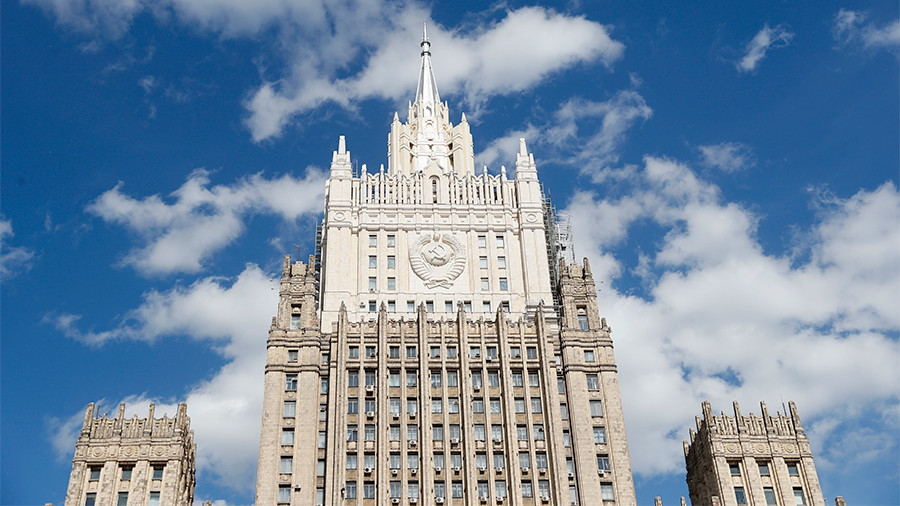Statement by the Foreign Ministry on the UN Security Council vote on the resolution to extend the JIM’s mandate
On October 24, 2017, the UN Security Council voted on the US-sponsored draft resolution calling for a hasty extension of the mandate of the OPCW-UN Joint Investigative Mechanism (JIM) into the use of chemical weapons in Syria even before the release of a report on its activities this year.
Russia voted against it for reasons that we have explained repeatedly in public statements and in working contacts with other UN Security Council members. The main reason is that it makes no sense to adopt such important decisions without even assessing the JIM’s performance. Without such an assessment, it is impossible to determine whether its mandate should be extended as is, or if it must be upgraded and adjusted in line with Security Council's previous Resolution 2319.
The Americans chose to proceed with a premature vote on the draft against basic logic and the long-established procedures of the Security Council. They were obviously guided by their own considerations that are far removed from the purpose of establishing the JIM. It has already become their trademark to rush headlong, crudely and brazenly imposing their position on others without bothering to make any sensible arguments. We see this clearly in how allegations of Russian interference in US domestic affairs are being imposed on US society. The same methods are used in the international arena. Damascus is groundlessly accused of crimes and Moscow is charged with allegedly providing cover. They lie without shame. They have seized the JIM, OPCW and the Security Council by the throat, and their intransigence is not tempered by international law, diplomatic rules or even common sense.
This course of action is causing direct damage to the foundations of multilateral diplomacy, eviscerating the work of international bodies, including the JIM, and reshaping it to suit American interests.
Our position is abundantly clear and consistent: those responsible for the use of chemical weapons must be identified and duly punished. We were part of the founding of the JIM from the start, and we hoped its activities would throw light on chemical crimes committed in Syria. In 2016 we agreed twice to extend the mechanism, spread its scope to territories adjacent to Syria, and give its mandate an anti-terrorist focus. Now we have the right to ask what has been done to carry out these decisions. How has the quality of the investigation been? To what extent does this work correspond to the high standards of the Chemical Weapons Convention? Is there a need to make adjustments to make the JIM more effective? Instead we are asked to extend its mandate sight unseen. Apparently, they are afraid that a thoughtful analysis will lead to conclusions that Washington will not like.
Russia has always supported the systematic and deliberate work of the JIM. It is expected to produce a report on its performance in the near future. We will study it thoroughly and suggest how to proceed.
